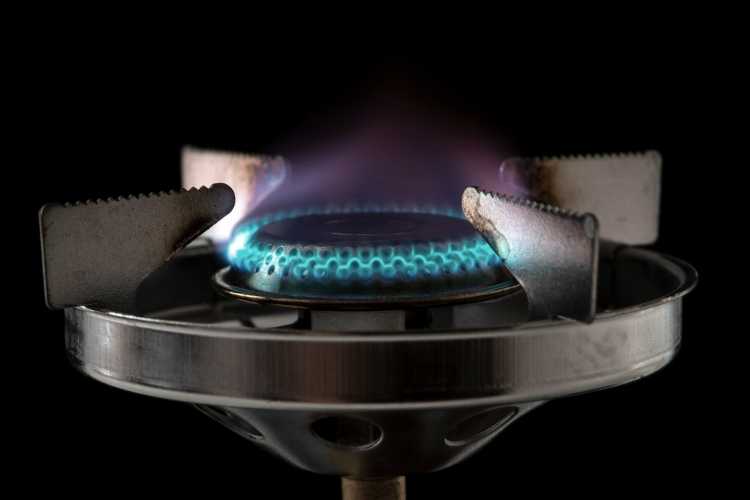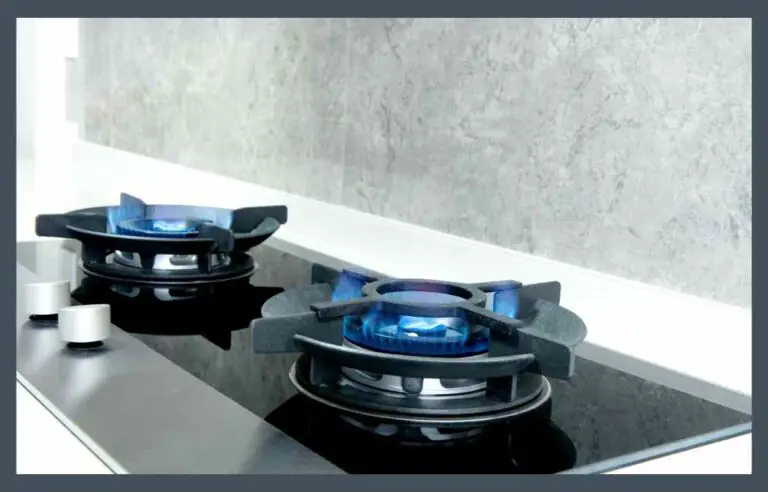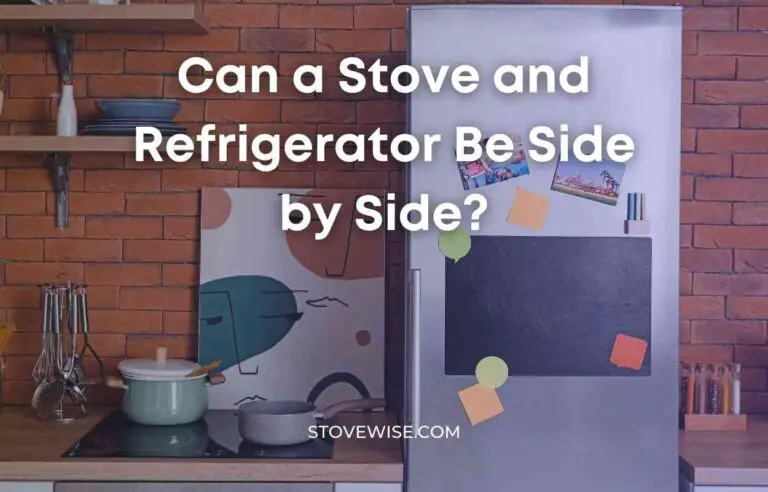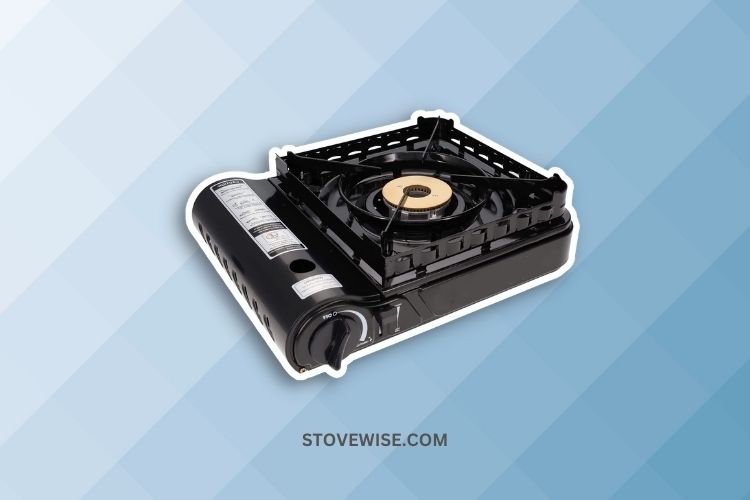Can You Put Stoneware on the Stove?
If you’re a fan of stoneware dishes, you may be wondering if you can use them on your stove. After all, stoneware is known for its durability and versatility, so it’s natural to want to use it for cooking.
Can You Put Stoneware on the Stove? Yes, you can put stoneware on the stove, but there are some safety rules you should follow. Stoneware is a type of pottery that is made by firing clay at a high temperature. It is strong and can handle high temperatures, but it is also fragile and can break if dropped or handled incorrectly.
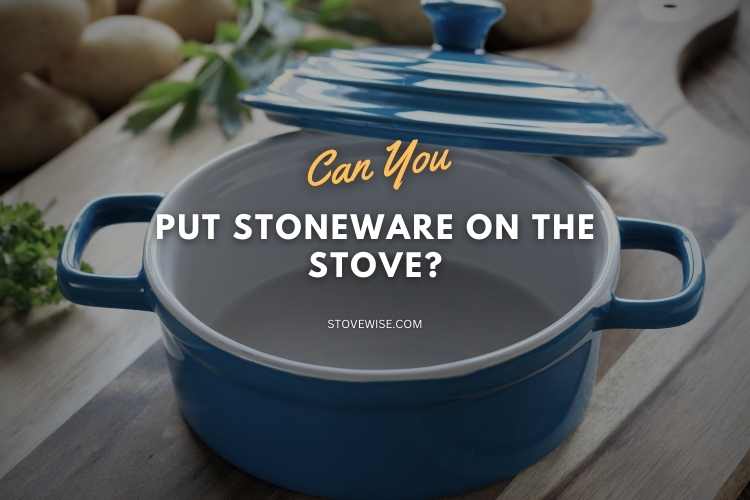
Contents
What is Stoneware?
Stoneware is a type of ceramic material that is commonly used for making cookware, dinnerware, and other household items. It is made by firing clay at high temperatures, typically between 1,200 and 1,400 degrees Celsius (2,200 and 2,600 degrees Fahrenheit). This firing process transforms the clay into a dense and durable material with a stone-like texture.
Stoneware is known for its strength, making it resistant to chipping and breaking. It is also highly heat-resistant, allowing it to withstand high temperatures without cracking or warping. These properties make stoneware well-suited for use in ovens, microwaves, and on stovetops.
One of the distinguishing features of stoneware is its natural glaze. During the firing process, minerals in the clay react to create a glassy coating that adds a smooth and protective finish to the stoneware. This glaze helps to prevent the absorption of liquids, making stoneware less porous and more resistant to staining and odors.
Can You Put Stoneware on the Stove?
Stoneware is a popular choice for stovetop cooking due to its excellent heat distribution, durability, and non-stick surface. Its ability to evenly distribute heat prevents food from burning or sticking, ensuring better cooking results.
Moreover, stoneware’s durability allows it to withstand high heat and heavy use, making it a reliable option for everyday cooking. Its non-stick surface adds to its appeal as it facilitates easy cleaning.
With stoneware, you can effortlessly transition from frying to baking, making it a versatile choice for various cooking tasks. Additionally, stoneware’s aesthetic appeal, with a wide range of colors and designs, can enhance the visual appeal of any kitchen.
Using stoneware on the stove also offers several important benefits. Firstly, stoneware is often crafted from natural materials like clay and glaze, making it a healthier option compared to cookware that may contain harmful chemicals.
Secondly, stoneware’s longevity is a significant advantage as it can last for many years with proper care, providing excellent value for money. Lastly, stoneware’s heat retention properties are advantageous for keeping food warm after cooking, making it ideal for serving dishes at the table.
What Should You Use Instead?
If you’re looking for a durable and versatile alternative to stoneware for cooking on the stove, there are several options that are safe to use:
1. Cast Iron
Cast iron is a great option for cooking on the stove because it can withstand high heat and distribute it evenly.
Cast iron pans and skillets can be used on gas, electric, and induction stovetops, and can even be used in the oven. Cast iron is also known for its non-stick properties, making it easy to clean.
2. Stainless Steel
Stainless steel is another great option for cooking on the stove. It’s durable, non-reactive, and can withstand high heat.
Stainless steel pans and pots can be used on gas, electric, and induction stovetops, and can also be used in the oven. Stainless steel is also easy to clean and doesn’t scratch easily.
3. Ceramic
Ceramic cookware is another safe option for cooking on the stove. Ceramic is non-reactive, meaning it won’t leach any harmful chemicals into your food.
Also, the ceramic cookware can be used on gas, electric, and induction stovetops, and can also be used in the oven. Ceramic cookware is also easy to clean and comes in a variety of colors and styles.
Can You Put Stoneware in the Microwave?
Stoneware’s microwave suitability varies based on manufacturer instructions. Microwave-safe stoneware can withstand the heat, while others may pose risks. Always check labels or consult the manufacturer. Using non-microwave-safe stoneware can lead to cracking, uneven heating, or potential safety hazards.
Can You Use Stoneware on Gas Stove?
Stoneware can be used on gas stoves with the aid of a heat diffuser or trivet to protect it from direct flame exposure. These precautions help prevent potential damage or cracking due to intense heat. It is recommended to follow the manufacturer’s guidelines for safe usage.
Can You Use Stoneware on Electric Stove?
Stoneware is suitable for use on electric stoves, provided appropriate precautions are taken. It is essential to use a lower heat setting compared to other cookware and avoid subjecting stoneware to sudden temperature changes.
Careful handling and monitoring can prevent the risk of cracking or breakage during the use of electric stoves. Following the manufacturer’s recommendations ensures optimal safety and performance.
Is Glazed Stoneware Oven Safe?
Glazed stoneware is generally considered oven-safe, but it is crucial to review the specific manufacturer’s guidelines to ensure safe usage.
Most glazes are designed to withstand high oven temperatures without compromising the stoneware’s integrity.
However, it is important to note that some glazes may not be heat-resistant and could melt, discolor, or emit harmful substances when exposed to intense heat.
It is advisable to check the stoneware’s packaging or consult the manufacturer to determine the recommended maximum oven temperature for the specific glaze used.
Adhering to these instructions helps prevent potential damage to the stoneware and ensures food safety.
Additionally, gradual temperature changes and avoiding placing cold stoneware directly into a preheated oven can help prevent thermal shock and potential cracking.
Conclusion
To summarize, stoneware can be used on both gas and electric stoves, but it is important to take care to keep it away from direct heat and avoid damage. The stoneware will last longer if you use a heat deflector or trivet on a gas stove and a lower heat setting on an electric stove.
For safe use, it is important to follow the manufacturer’s directions and rules. With the right care, stoneware can be a durable and versatile choice for stovetop cooking. It spreads heat evenly and doesn’t stick, so you can enjoy your meals.


